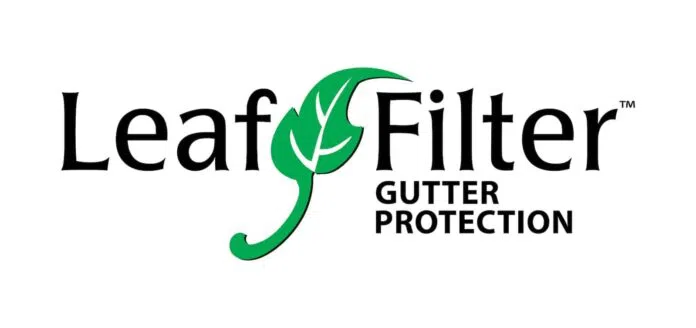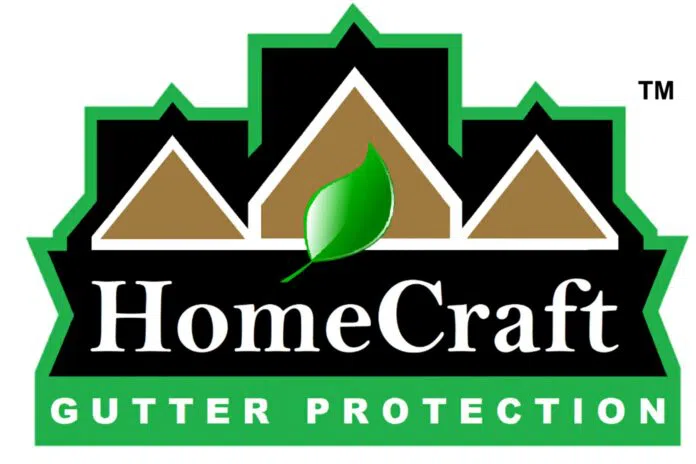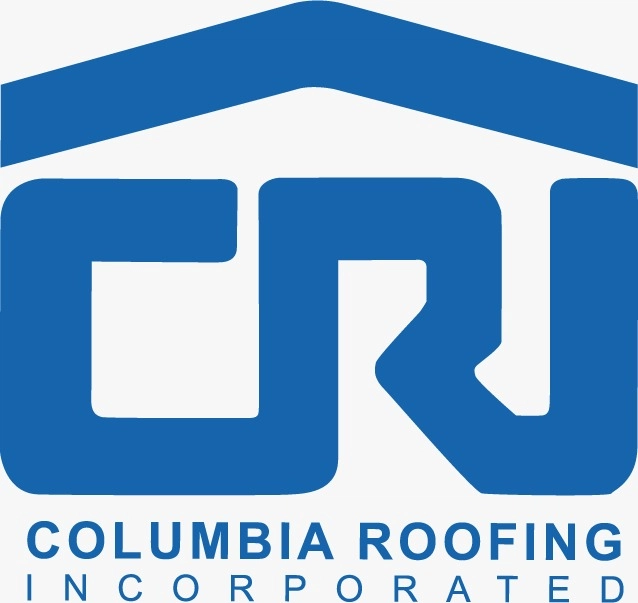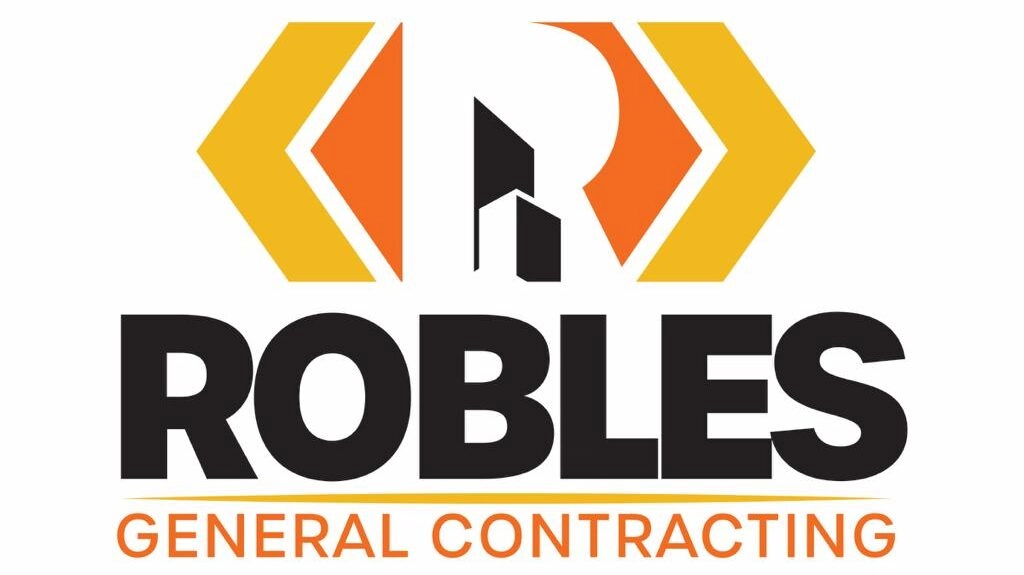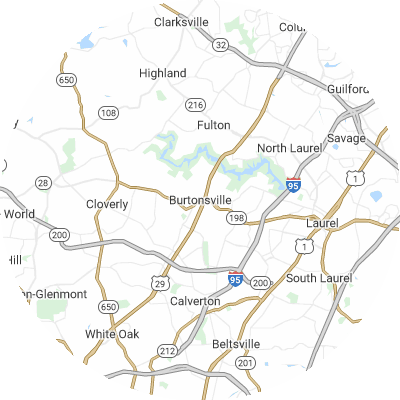Signs You May Need Gutter Guards
Although gutter guards aren't always needed, the symptoms of congested gutters are usually clear. Signs of chronic gutter problems include:
- Mold growth, peeling exterior paint, or interior water stains on walls near gutters.
- Soggy ground or visible erosion patterns around your home's foundation
- Frequent clogs that cause overflow and water to spill over gutters
- Visibly saggy, damaged, or misaligned gutters that no longer direct rainwater correctly
- Leaky joints or seams where water leaks out of gutters
How To Choose a Gutter Guard Installer
Assess Their Experience
When picking an installation company, look for one with years of experience and knowledge about many brands and guard types. An experienced company will understand how to measure and install gutter guards for your specific needs. Ask about a provider's years of experience and request referrals from local customers.
Verify Proper Licensing and Insurance
Always ensure professional gutter guard installers are properly licensed, bonded, and hold general liability insurance and workers compensation. This protects you from liability for any accidents or injuries that might happen. Ask to see current licensing and insurance papers when talking with potential providers.
Choose Reputable Brands
Look for installers that offer tenured trusted gutter guard brands such as LeafFilter and Gutter Helmet. Steer clear of companies that only offer their own off-brand products or generic no-name guards. These lesser-known products may not have gone through rigorous quality testing.
Seek Custom Fit Services
For optimal performance, gutter guards need to be custom-fitted to match your specific gutter setup. Pick a company that custom measures and trims guards specifically for your home, rather than using one-size-fits-all guards. Accurately fitted guards will leave no gaps for debris to get stuck.
Examine Warranties
Top gutter guard companies typically offer 20-year or lifetime warranties covering leaks, clogs, rust, and other defects. Before choosing a company, thoroughly review the warranty terms for both materials and workmanship guarantees. Warranties are the most effective way to safeguard your gutter investment.
Check Reviews and Referrals
Take some time to research online reviews on sites such as Google Reviews, Yelp, or the Better Business Bureau (BBB) to see what customers say about their experience. You can also ask your neighbors who they would recommend for quality gutter guard businesses near you. When researching potential providers, it's best to opt for companies with consistently good reviews rather than just one or two reviews.
Types of Gutter Guards
The six typical types of gutter guards include the following:
- Brush guards are just what they sound like: large brush bristles that sit in your gutters to let water through while blocking debris. Brush guards cost roughly $4.04 per linear foot.
- Foam guards are light and easy to install. Debris collects on the foam instead of in your gutter. Foam guards cost roughly $2.46 per linear foot.
- Screen guards have large holes that allow water through while blocking debris. On average, you can expect to spend $4.31 per linear foot for screen guards.
- Mesh guards have smaller holes than screen guards and similarly stop debris while allowing water to filter through. These guards are durable and allow debris to slide off rather than sit on top of your gutters. On average, you can expect to spend $4.07 per linear foot for mesh guards.
- Micro-mesh guards have even smaller holes than mesh guards, allowing even less debris through than mesh. These types of guards are extremely effective. Micro-mesh guards cost roughly $5.15 per linear foot.
- Surface tension guards, also called reverse curve guards, use surface tension to encourage water to flow into gutters while debris slides off. Generally, they can be seen from the ground. Surface tension guards cost around $3.17 per linear foot.

